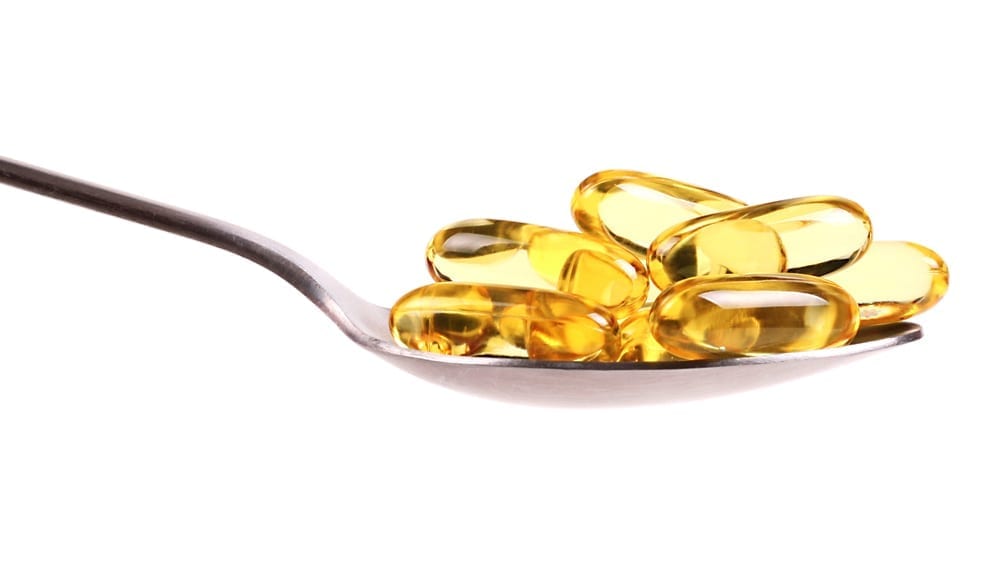This post is on polar lipids and omega-3 fatty acids on their bio-efficacy against CardioVascular Diseases (CVD).
A new study on omega-3
According to this paper, in a randomized clinical trial of 13 078 patients that was stopped early, daily supplementation with omega-3 fatty acids, compared with corn oil, resulted in no significant difference in a composite outcome of major adverse cardiovascular events (hazard ratio, 0.99). These findings do not support use of this omega-3 fatty acid formulation to reduce major adverse cardiovascular events in patients with high cardiovascular risk.
Inflammation and polar lipids
Despite the fact that cholesterol is not related to inflammation and the onset of chronic diseases, the focus of scientists and practitioners is still on cholesterol and medical ways to control it (statins). Over the past few years a new school of thought is getting stronger: it’s not cholesterol but inflammation that causes chronic diseases. Therefore, the key to reducing the incidence of chronic diseases is to control the activities of Platelet Activating Factor (PAF) and other inflammatory mediators via diet, exercise, and healthy lifestyle choices. Polar lipids present in foods can play a key role via their anti-thrombotic and anti-inflammatory bioactivities. In this paper, we present our latest data on polar lipids of dairy and marine origin against inflammation and strategies for designing novel nutraceuticals and functional foods against chronic diseases.
Polar lipids VS omega-3 and statins
In our work, we have been studying the bio-efficacy of polar lipids against the platelet aggregation and hence the onset of CVD. We have found in a number of papers (here and here) that polar lipids are actively reduce the aggregation of the platelets. In data that are still in house (a patent application is going to be submitted in early 2021), daily supplementation of salmon polar lipids at a level of 0.130mg/day for 4 weeks resulted to 30-40% decrease of platelet aggregation in healthy humans.
Omega-3 studies are using 4000mg/day and yet there is no decrease in the cardiovascular risk.
It is safe to say that polar lipids are the food components with strong potential against CVD and hence our work in UL focuses further to this class of lipids.
